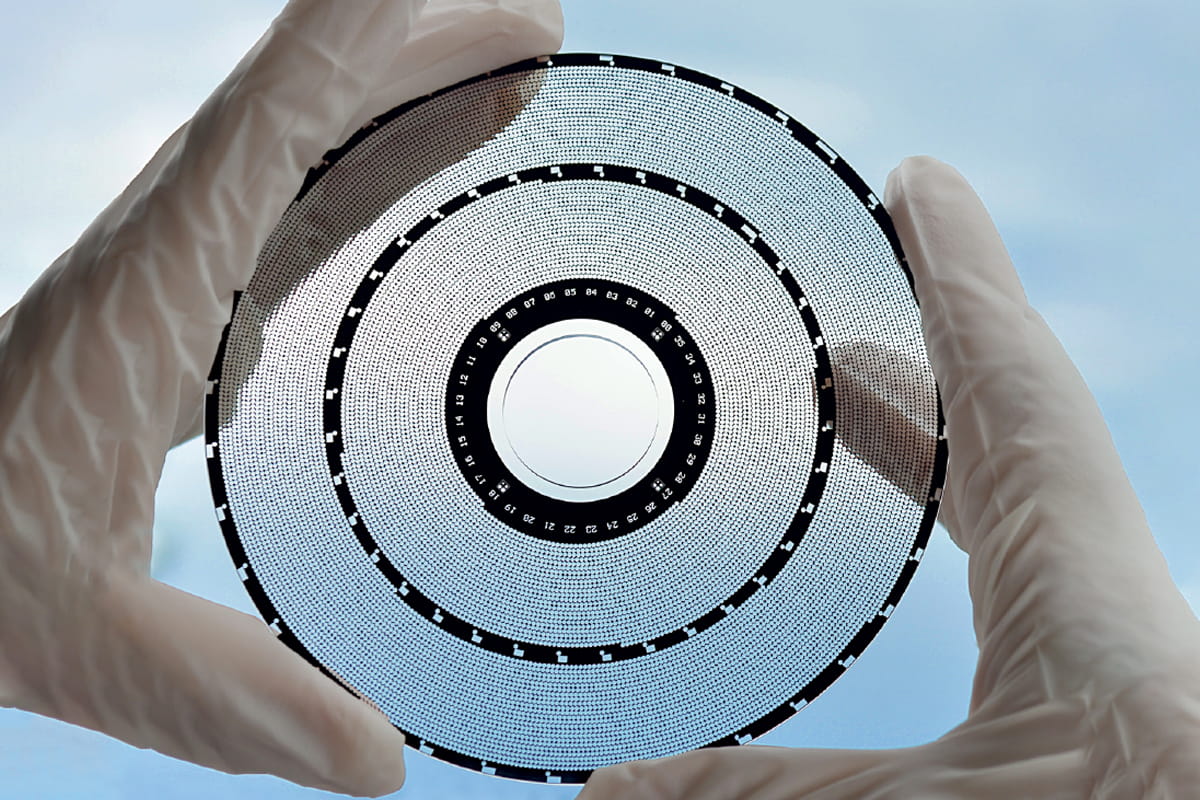Confocal microscopy is an optical microscope designed for high-resolution imaging. By incorporating a conjugate optical system, it allows for detailed observation of samples at high resolution. It has been widely applied in fields such as life sciences, medical research, and materials science, and plays a particularly important role in areas like cell biology, neuroscience, and pathology. Unlike widefield microscopes, confocal microscopes use a pinhole to eliminate scattered light from out-of-focus planes, resulting in clearer images.
Focuslight’s Nipkow discs and microlens array discs are produced with fused silica and can be customized to meet diverse needs from the customers, supporting various types of confocal microscopes such as laser scanning confocal microscopes, spinning disk confocal microscopes, and microlens-enhanced dual-spinning-disk confocal microscopes.











 Flyer Download
Flyer Download









